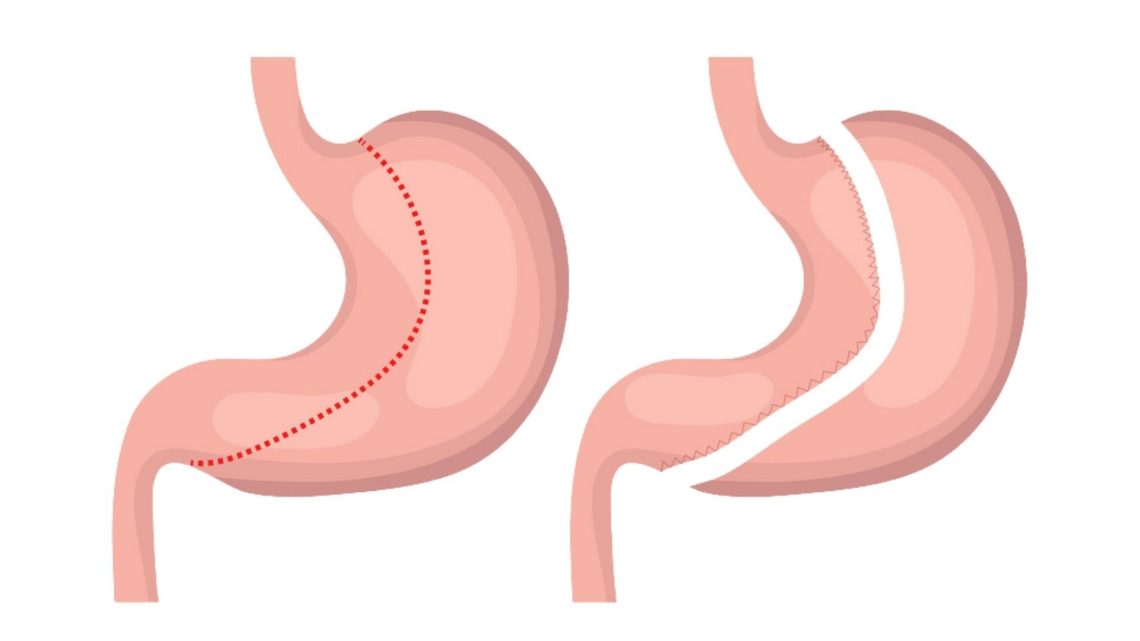In recent years, the field of bariatric surgery has witnessed a significant evolution in the treatment of obesity and related metabolic disorders. Among the various surgical options available, gastric sleeve surgery has emerged as a prominent choice for individuals seeking effective and sustainable weight loss solutions. This surgical procedure, also known as sleeve gastrectomy, involves the reduction of the stomach size to promote weight loss and improve metabolic health. Let’s delve into the science behind جراحی اسلیو معده در تهران surgery and understand how it works.
Understanding Gastric Sleeve Surgery:
Gastric sleeve surgery involves the surgical removal of a large portion of the stomach, leaving behind a smaller, sleeve-shaped pouch. Typically, the procedure is performed laparoscopically, utilizing small incisions and specialized surgical instruments. During the surgery, the surgeon removes approximately 75-80% of the stomach, including the part that produces the hunger-stimulating hormone ghrelin.
By reducing the size of the stomach, gastric sleeve surgery restricts the amount of food a person can consume comfortably, leading to early satiety and decreased appetite. Additionally, the surgery alters the production of certain hormones involved in appetite regulation and glucose metabolism, contributing to improved metabolic function.
Mechanisms of Weight Loss:
The primary mechanism through which gastric sleeve surgery induces weight loss is by restricting food intake. With a smaller stomach capacity, individuals experience a feeling of fullness sooner during meals, which helps them consume fewer calories. This caloric restriction, coupled with changes in hormonal signaling, results in significant and sustainable weight loss over time.
Moreover, gastric sleeve surgery can lead to metabolic improvements beyond weight loss alone. Many patients experience remission or significant improvement in obesity-related comorbidities such as type 2 diabetes, hypertension, and obstructive sleep apnea. These metabolic benefits often occur due to enhanced insulin sensitivity, altered gut hormone secretion, and changes in bile acid metabolism following the surgery.
Post-Surgical Lifestyle Changes:
While gastric sleeve surgery can be highly effective in promoting weight loss and improving metabolic health, its success largely depends on patients’ commitment to adopting and maintaining healthy lifestyle changes post-surgery. Following the procedure, individuals are advised to adhere to a nutritious diet, engage in regular physical activity, and attend follow-up appointments with healthcare providers to monitor their progress and address any concerns.
Adopting a balanced diet rich in lean protein, fruits, vegetables, and whole grains can help patients meet their nutritional needs while supporting their weight loss goals. Moreover, regular exercise not only aids in weight management but also promotes cardiovascular health, muscle strength, and overall well-being.
Considerations and Risks:
While gastric sleeve surgery offers numerous benefits, it’s essential to recognize that it is a major surgical intervention and carries potential risks and complications. These may include infection, bleeding, gastrointestinal leakage, vitamin deficiencies, and gastrointestinal symptoms such as nausea, vomiting, and reflux.
Furthermore, patients must undergo thorough pre-operative evaluations and counseling to assess their candidacy for surgery and understand the potential risks and benefits. Candidates for gastric sleeve surgery typically include individuals with a body mass index (BMI) of 40 or higher, or a BMI of 35 or higher with obesity-related health issues.
Conclusion:
In conclusion, gastric sleeve surgery represents a significant advancement in the management of obesity and metabolic disorders. By reducing stomach size and altering hormonal signaling, this surgical procedure helps individuals achieve substantial weight loss and improve their overall health and quality of life.





